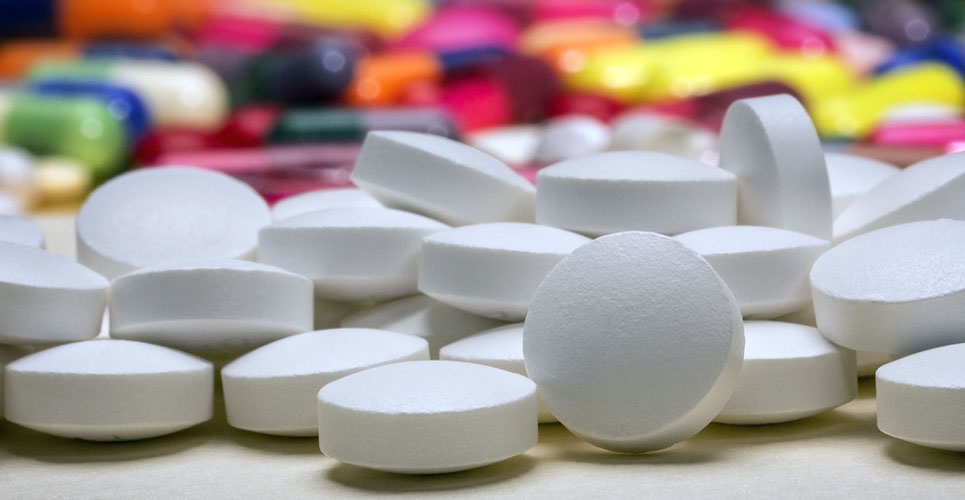teaser
Pharmaceutical companies have been urged to work on developing new drugs to fight infections after experts highlighted an increasing resistance of germs to antibiotics.
Of particular concern are Gram-negative bacteria, including Escherichia coli, the Health Protection Agency said.
There are about 20,000 E coli bloodstream infections each year in England, Wales and Northern Ireland, of which about 12% (2,400) are resistant to antibiotics.
The HPA said that in 2000 about 4% of E coli bloodstream infections were resistant, but this had risen to 12% in 2006 because of the development of new types of resistant genes.
Dr David Livermore, laboratory director at the HPA Centre for Infections, said there was a need for new antibiotics to be developed and called on pharmaceutical companies to invest in this area.
Some firms have pulled out of developing the drugs in recent years as they were not seen as particularly profitable.
“Hospitals are having to use what were second-line antibiotics first,” Dr Livermore said. “We are not actually running out of antibiotics; however, we are having to use last-defence antibiotics first in hospital infections.”
He said doctors could help by making sure that hospital patients get the right drugs at the right dose for the right length of time.
Copyright PA Business 2008

